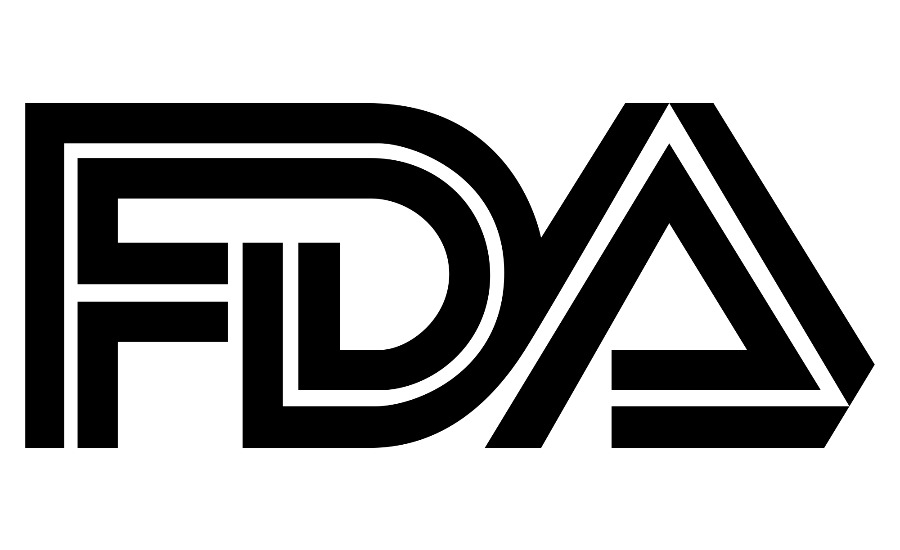The US Food and Drug Administration has issued an FDA warning to consumers and sent letters to the manufacturers to stop using over-the-counter teething products that contain benzocaine. This is not the first warning about benzocaine from the FDA. In 2011, it estimated there had been more than 400 cases of benzocaine-associated cases.
Parents can use the products to temporarily relieve a child’s teething pain, however the gels pose a “serious risk” to infants and children. They are usually not effective anyway since they can wash out of the mouth quickly.
The danger of the gel is that it causes methemoglobinemia, a condition where the oxygen level in blood dips dangerously low and can be fatal. The symptoms of this condition are rapid heart rate, lightheadedness, difficulty breathing, sleepiness, headache, pale skin, and nails that blue or gray. The symptoms can start minutes after a product is used or one to two hours later. Infants or children who experience these problems should get medical attention immediately.
The FDA said that companies should stop making these products and they will take regulatory action to get the products out of stores. They will require that prescription local anesthetics for teething children update their product box warnings to let consumers know they may also lead to methemoglobinemia.
Benzocaine products are sold as gels, sprays, and ointments under brand names Anbesol, Baby Orajel, Cepacol, Chloraseptic, Hurricane, Orabase, Orajel, Topex, and as store brands. Those brands who are marked can stay on the market, but they may need new label information.
The American Academy of Pediatrics tells parents to help teething babies by using hard rubber teething products and to avoid frozen teething toys because they cause more pain. Parents can also rub their baby’s gums to give them temporary relief.
If you or a loved one has been harmed due to a product, contact Douglas McGinity today!

